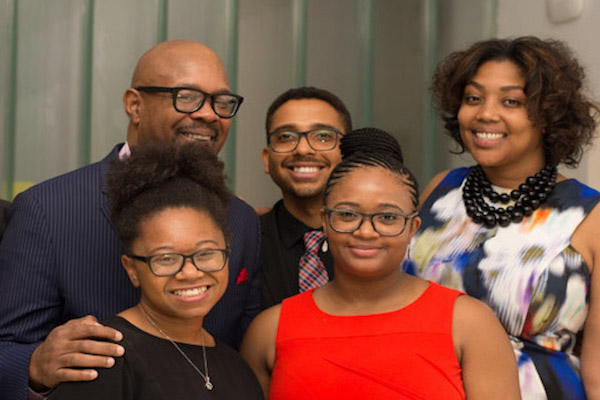Washington, D.C., hosts the 23rd Annual Black Pride over the 2013 Memorial Day weekend. DC Black Pride is the oldest Black Pride gathering in the world. It attracted 800+ people at the first event in 1991, and since that time, more than 40 Black Pride events have been founded in a dozen nations around the globe, with hundreds of thousands of attendees each year.
In my 13 years of direct involvement in DC Black Pride and as the founder of the Center for Black Equity (formerly the International Federation of Black Prides), I have been asked many times about the relevancy of DC Black Pride and, in fact, why Black Prides are needed.
First, DC Black Pride created a safe space for black LGBT community members to engage one another in a social and culturally appropriate context that was (and often still is) missing in the greater LGBT community experience.
Second, DC Black Pride has been a positive entry point for thousands of black LGBT men and women of all ages to come out into the LGBT experience. This continues to be the case, even today.
A generation has come and gone since the first DC Black Pride. I know friends and acquaintances who have “outgrown” the Black Pride experience. They no longer seek nor need the validation that one can receive at Black Pride. They have developed friendships and networks of support that supersede anything they could receive from attending Black Pride. They no longer need the socialization that occurs during Black Pride and thus feel that Black Pride is no longer relevant.
This is well and good, especially for those of us who dwell in progressive communities. However, there are men and women in our greater community for whom DC Black Pride has relevance and meaning. Some attend to view a film at the Film Festival, one that would most likely not be shown where they live; or to socialize with people who look like them; or even to hoope to meet that special someone, face to face. Still occurs come to renew friendships with people they only see once or twice a year or to listen to some of the best house music in the world.
I wouldn’t suggest that it’s practical to expect everyone who has come to DC Black Pride to continue to attend year after year, as there are so many things to do these days. Indeed, it is nice to know that DC Black Pride is stil here for those who feel they want it, like it, and need it—despite all of the changes in our world.
Earl D. Fowlkes, Jr., is the D.C. Black Pride Secretary and CEO, as well as the President and CEO of the Center for Black Equity, based in Washington, D.C.


